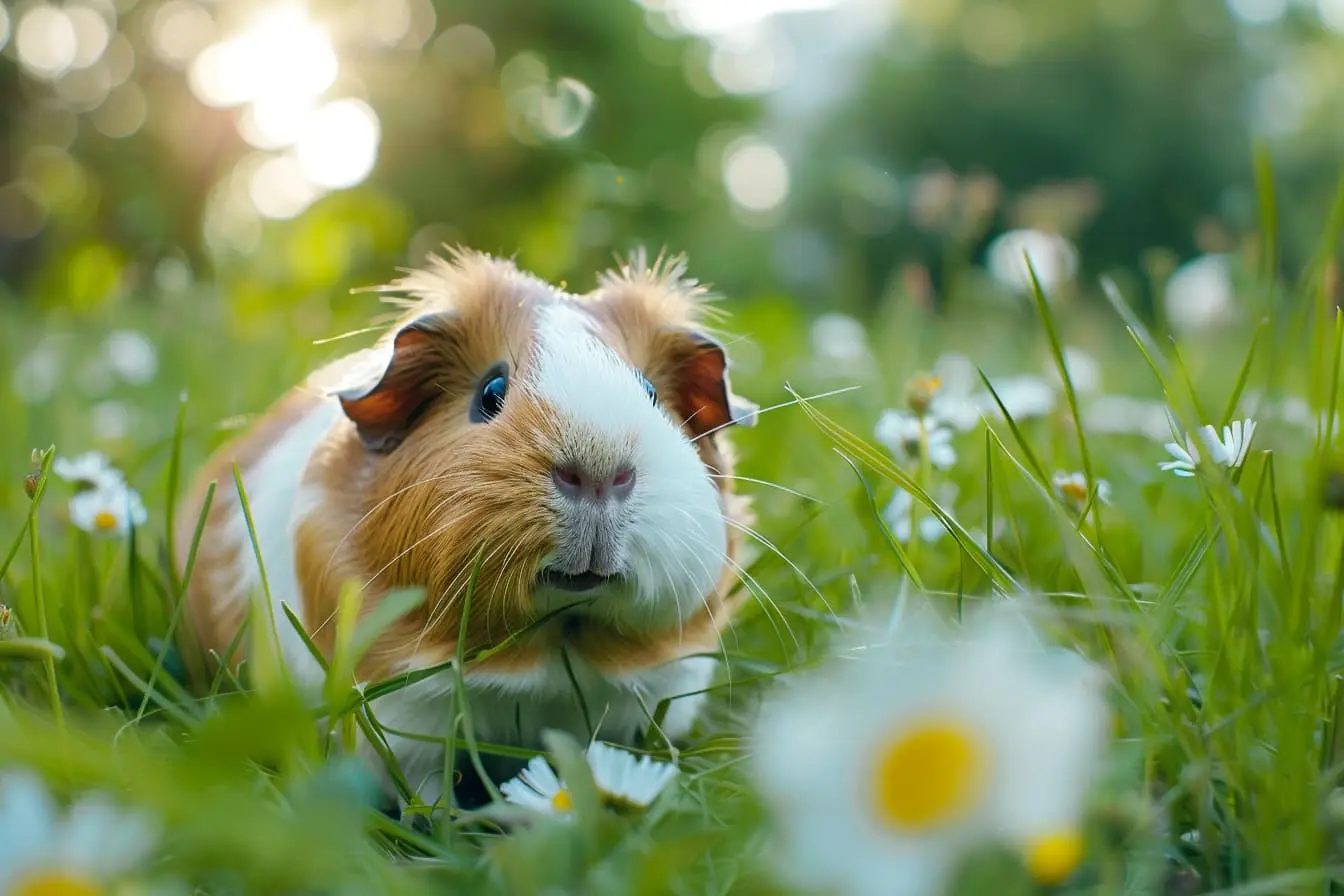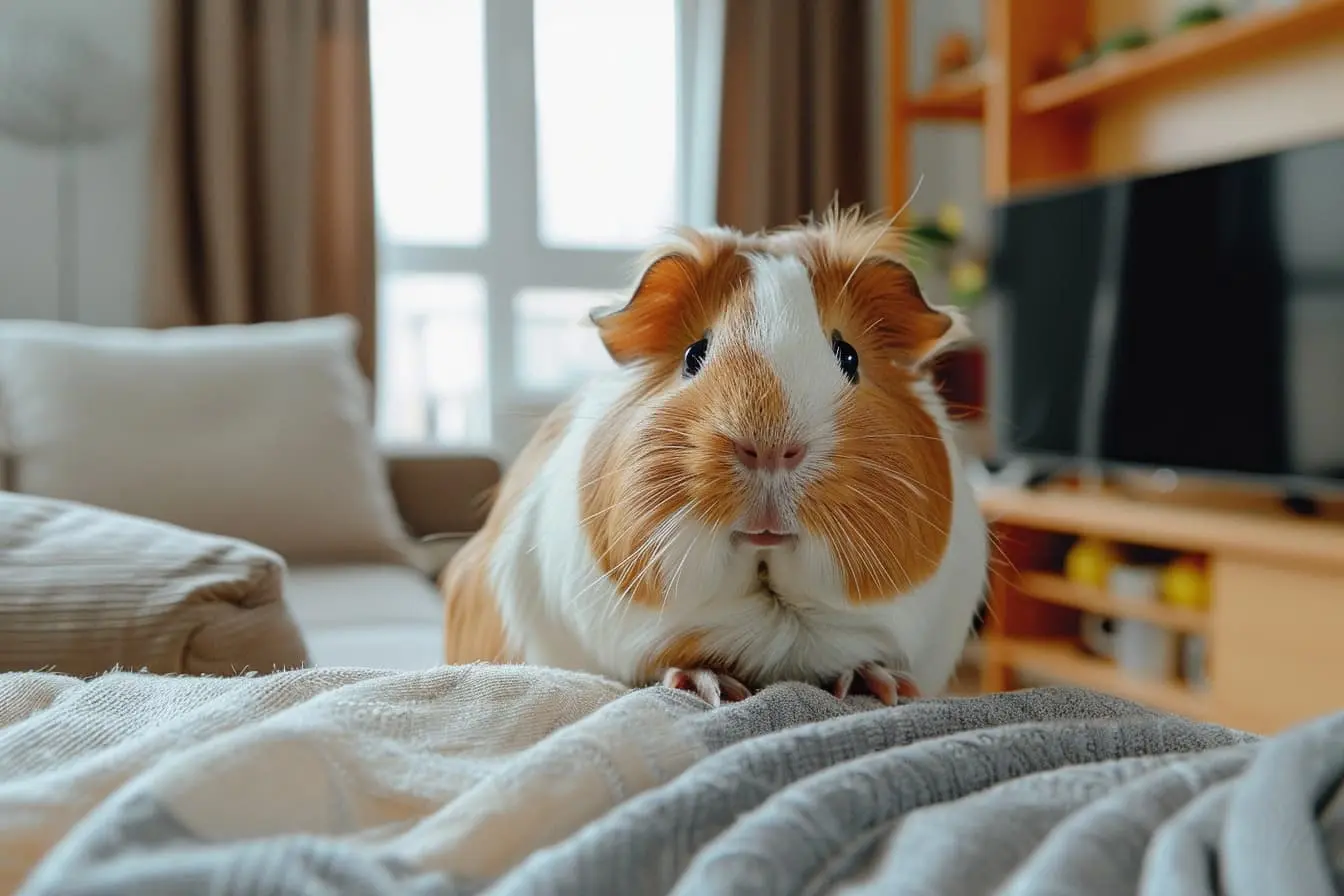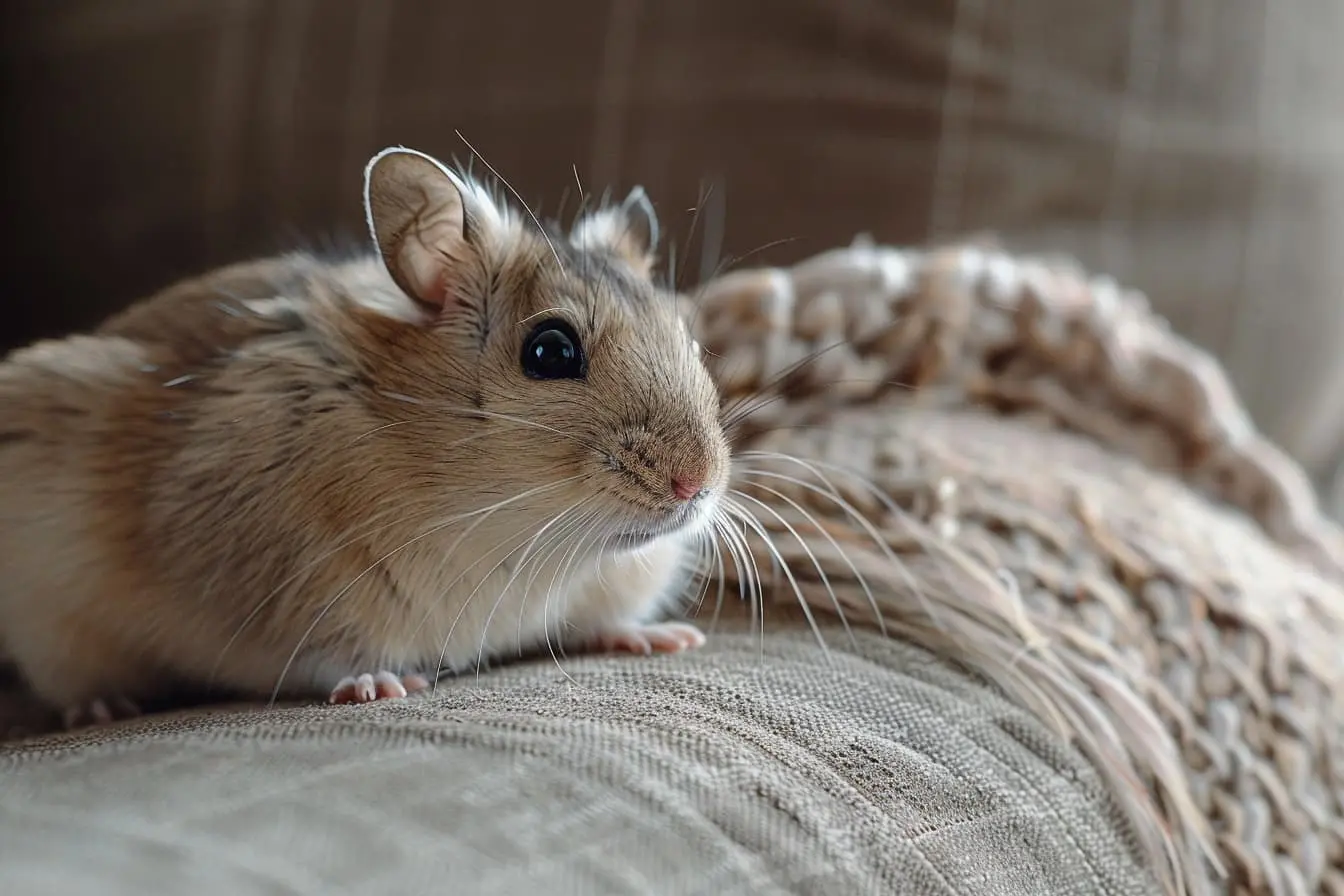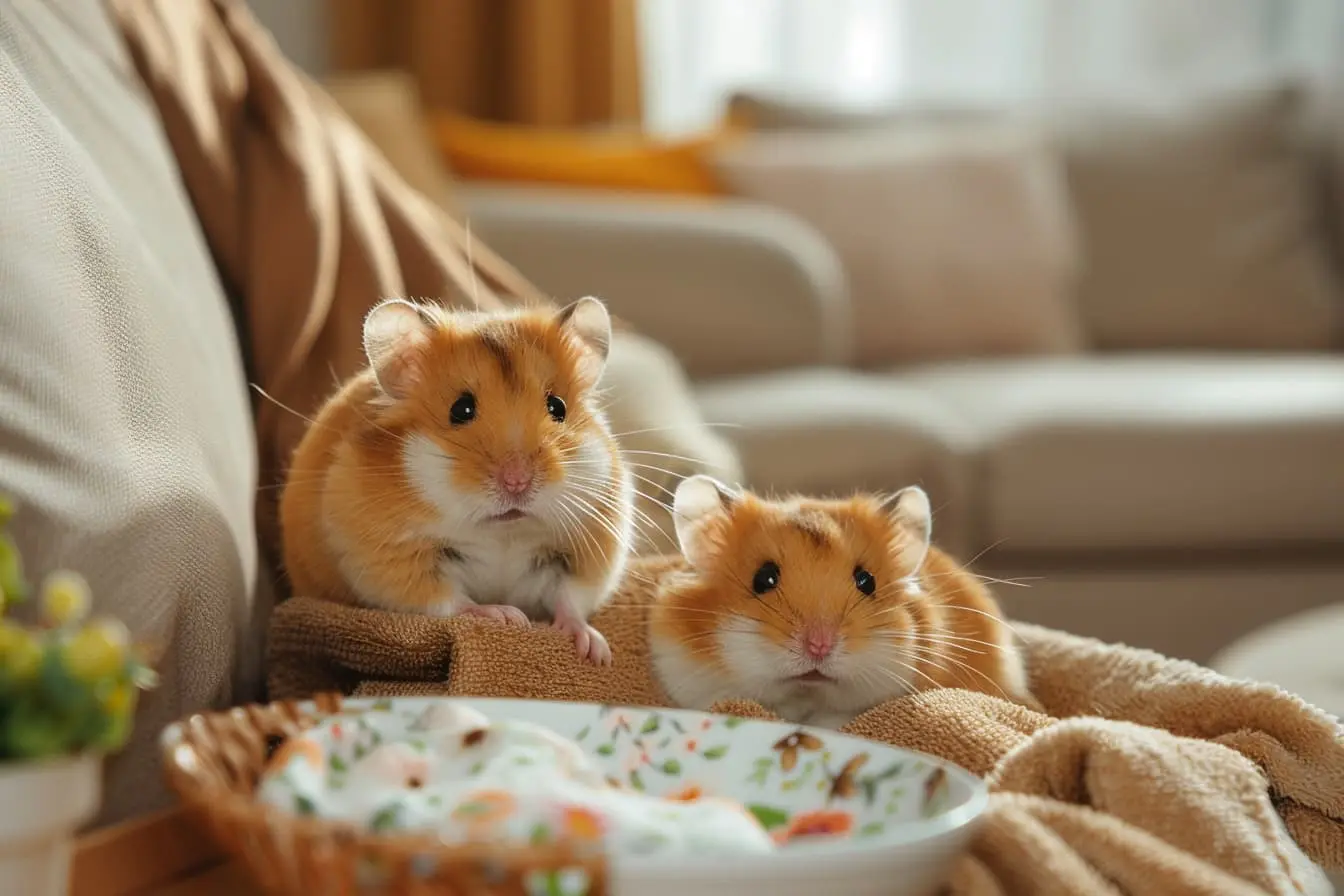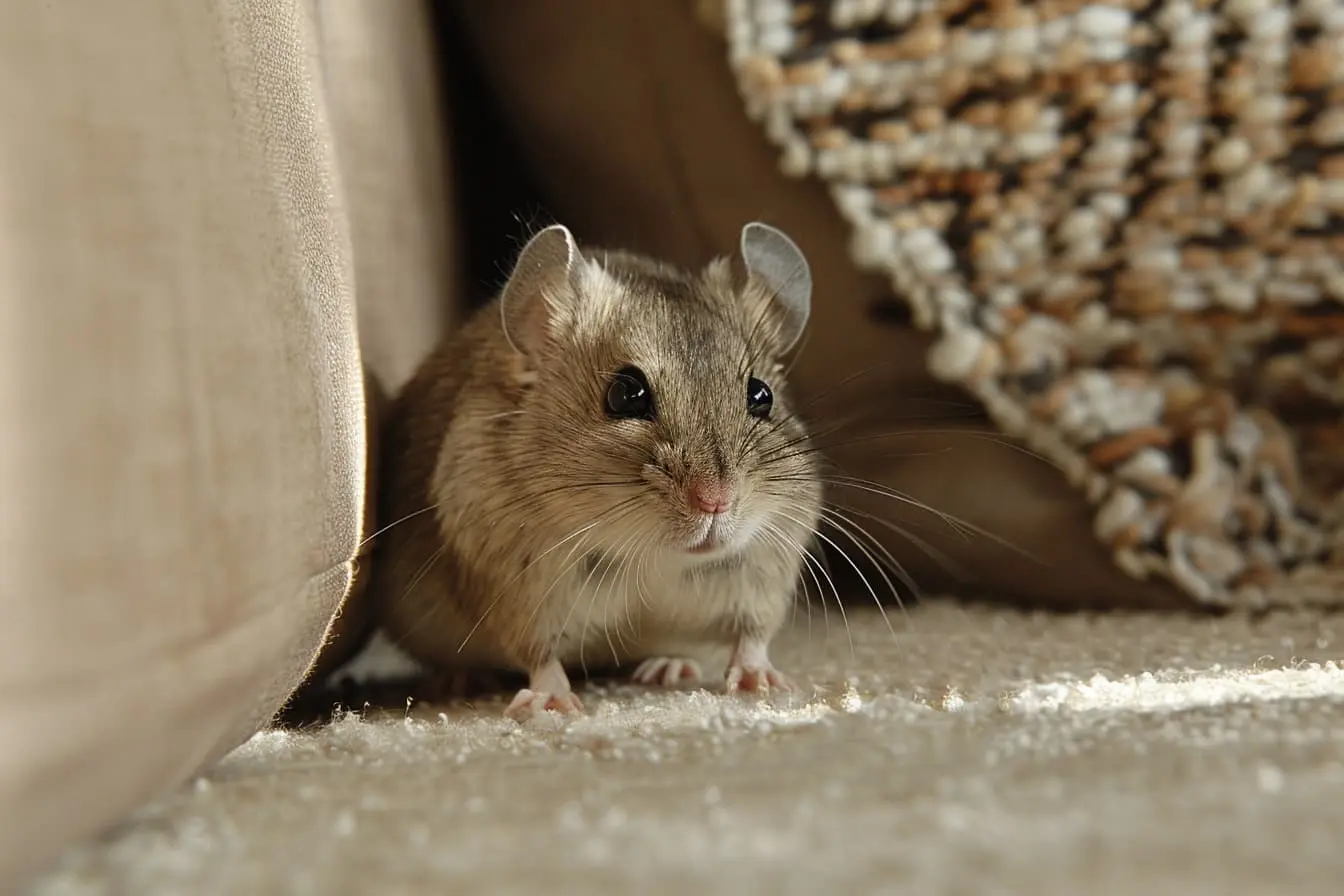
The New Owner's Guide to Gerbil Grooming: Keeping Your Gerbil Happy and Healthy
Gerbils are fascinating and active pets that bring a lot of joy into a home. They have unique needs compared to other small rodents, especially when it comes to grooming. As a new gerbil owner, it's essential to understand how to care for your pet properly to ensure their well-being. This guide will provide you with all the necessary information on gerbil grooming practices.
Understanding Gerbil Grooming Needs
Gerbils are desert animals, which means their grooming needs are quite different from those of other pets. They are naturally clean and do a lot of their grooming, which helps to minimise the need for frequent human intervention. However, there are still several ways you can assist in their grooming process to keep them healthy and comfortable.
The Importance of Dust Baths
One of the most critical aspects of gerbil grooming is the dust bath. Unlike many pets that require water baths, gerbils need a dust bath to keep their coat clean and healthy. The dust bath helps absorb excess oil and dirt from their fur. Provide your gerbil with a shallow dish filled with chinchilla dust (not sand) a few times a week for them to roll around in. This mimics their natural environment and is also enjoyable for them.
Coat Checks and Brushing
Regularly check your gerbil's coat for any signs of dirt, tangles, or parasites. While gerbils usually manage their fur well, a soft brush can be used to gently remove any loose fur, particularly in older or long-haired gerbils. This should be done infrequently, however, as gerbils typically do not require much help with their fur.
Nail Care: A Rare Concern
Gerbils usually keep their nails trimmed through their regular activities, such as digging and climbing. It's uncommon for a gerbil's nails to become overgrown, but if you notice that your pet's nails are too long, consult a vet for advice on trimming them safely. Attempting to trim the nails yourself can be risky due to the small size of gerbils and their quick movements.
Dental Health: Chew on This
Like many rodents, gerbils' teeth grow continuously throughout their lives. Providing a variety of chew toys and materials can help keep their teeth at a healthy length. Wooden chew toys, untreated cardboard, and hay cubes are excellent for this purpose. Regularly check their teeth for overgrowth or misalignment, which could indicate a need for veterinary attention.
The No Bath Rule
It's crucial to understand that gerbils should never be given a wet bath. Exposure to water can strip their fur of essential oils and lead to stress and potential health issues. If your gerbil becomes dirty, a dust bath is usually sufficient to clean their coat. If there are concerns about cleanliness that a dust bath can't address, consult a veterinarian for advice.
Regular Habitat Cleaning
While not directly related to body grooming, maintaining a clean and well-organised habitat is essential for your gerbil's overall health and hygiene. Regularly clean and disinfect the habitat, and provide fresh bedding to prevent odours and the buildup of harmful bacteria.
Final Thoughts
Grooming your gerbil involves more than just keeping them looking their best; it's about ensuring their physical and psychological well-being. By providing dust baths, monitoring their dental health, and maintaining a clean living environment, you can help your gerbil lead a happy, healthy life. Remember, every gerbil has its own personality and preferences, so it's important to adapt your grooming routine to suit your pet's individual needs. With patience and gentle care, grooming can become a rewarding way to bond with your gerbil.
Vets near you
Speciality vets
- Aquatics vet specialists
- Birds vet specialists
- Camelids vet specialists
- Cats vet specialists
- Cattle vet specialists
- Deer vet specialists
- Dogs vet specialists
- Equines vet specialists
- Exotic vet specialists
- Goats vet specialists
- Pigs vet specialists
- Poultry vet specialists
- Sheep vet specialists
- Small Mammals vet specialists
- Wild vet specialists
Vet facilities
- Accessible by public transport
- Blood testing
- Car park nearby
- Client car park
- Dentistry
- Diagnostic imaging
- Disabled public access
- Flea and worm treatments
- Microchipping
- Mobile services
- Neutering
- Open at weekends
- Out-of-hours service
- Referral interests
- Referrals only
- Street parking outside
- Toilets available
- Vaccinations
